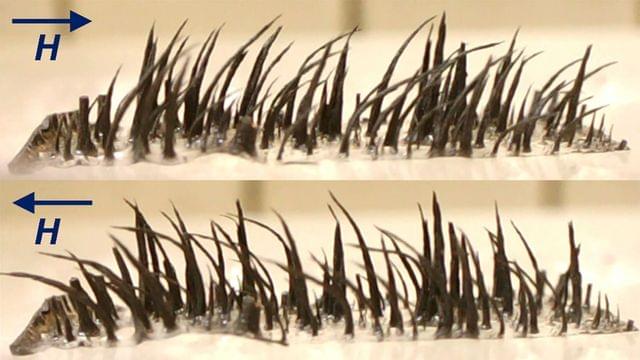Scaling up qubit counts in quantum computers is at the core of achieving quantum supremacy.
Among the troublesome hurdles of this scaling-up race is refining how qubits are measured. Devices called parametric amplifiers are traditionally used to do these measurements. But as the name suggests, the device amplifies weak signals picked up from the qubits to conduct the readout, which causes unwanted noise and can lead to decoherence of the qubits if not protected by additional large components. More importantly, the bulky size of the amplification chain becomes technically challenging to work around as qubit counts increase in size-limited refrigerators.
Cue the Aalto University research group Quantum Computing and Devices (QCD). They have a hefty track record of showing how thermal bolometers can be used as ultrasensitive detectors, and they just demonstrated in an April 10 Nature Electronics paper that bolometer measurements can be accurate enough for single-shot qubit readout.









